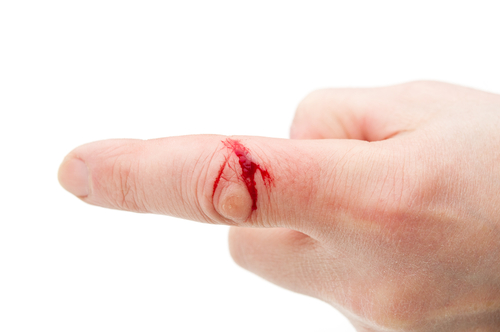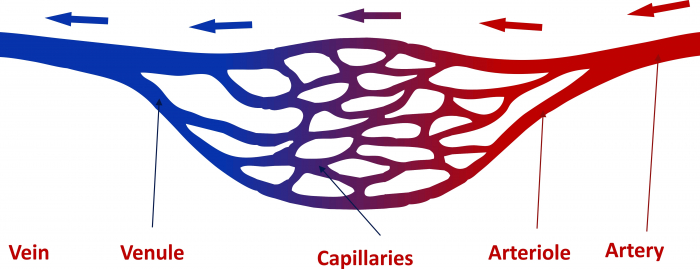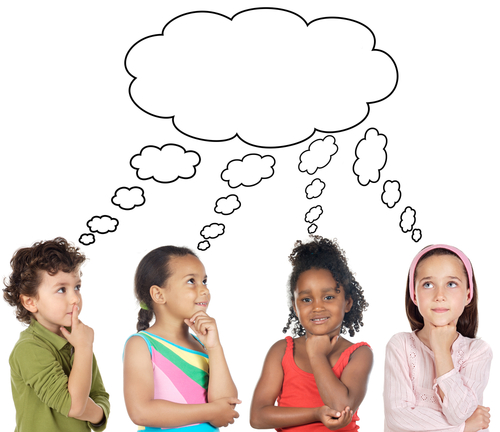Blood! What's it for? If you cut yourself, you see this red stuff appear - but what is it and what does it do?

Well, briefly, our blood is our delivery system - it delivers things like food and oxygen all over the body.
It also collects waste: things like carbon dioxide, and also the nitrogen wastes that go to form urine, and delivers them to the organs that remove them from the body.
The food and oxygen are pumped through our circulatory system by the heart. The heart is made of strong muscle that has to last a lifetime - after all, it has to pump the blood around 100,000 times every day!

The circulatory system is a series of blood vessels, linked to the heart, that carry blood all over the body:
Arteries are big blood vessels that carry blood away from the heart, delivering things to the body.
Veins are big blood vessels that are on the return loop to the heart.
Capillaries are tiny blood vessels that deliver food and oxygen to our body cells, and collect the wastes from them to be disposed of.

The circulatory system is controlled by the pumping of the heart, which sends the blood around the body. You can feel it as a pulse at your wrist - this is a wave of pressure from the squeezing of the blood by the heart.
Oxygen is picked up from the lungs, and food from the gut, and these are delivered right around the body, to organs like the brain.
The waste that our body generates is collected and sent, through the veins, to organs where it can be disposed of.
For example, carbon dioxide leaves through the lungs and urine through the kidneys.

We can use this activity to help us get a grip on our understanding of our body's circulation - what the important bits are and how they work.







